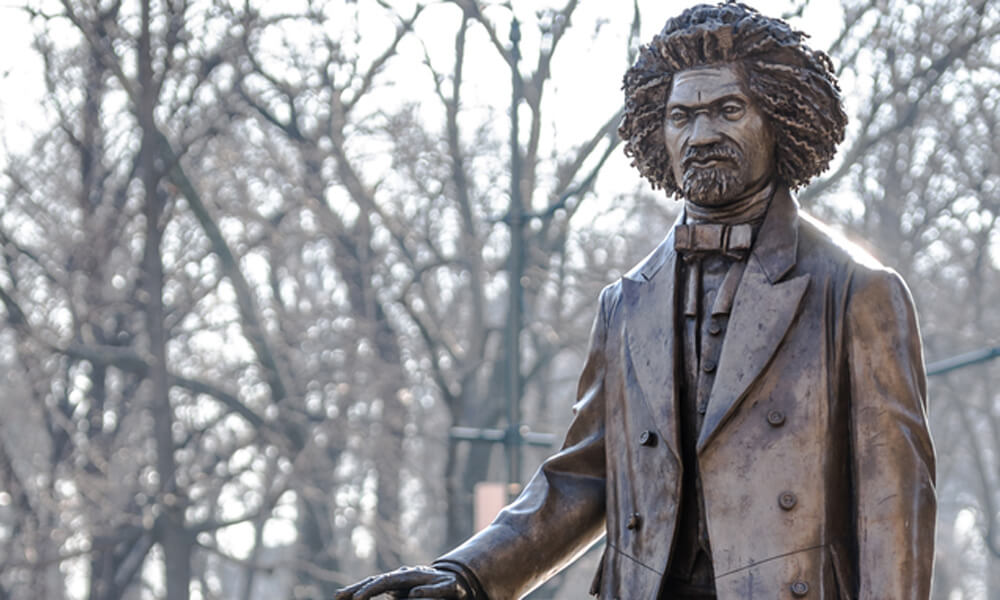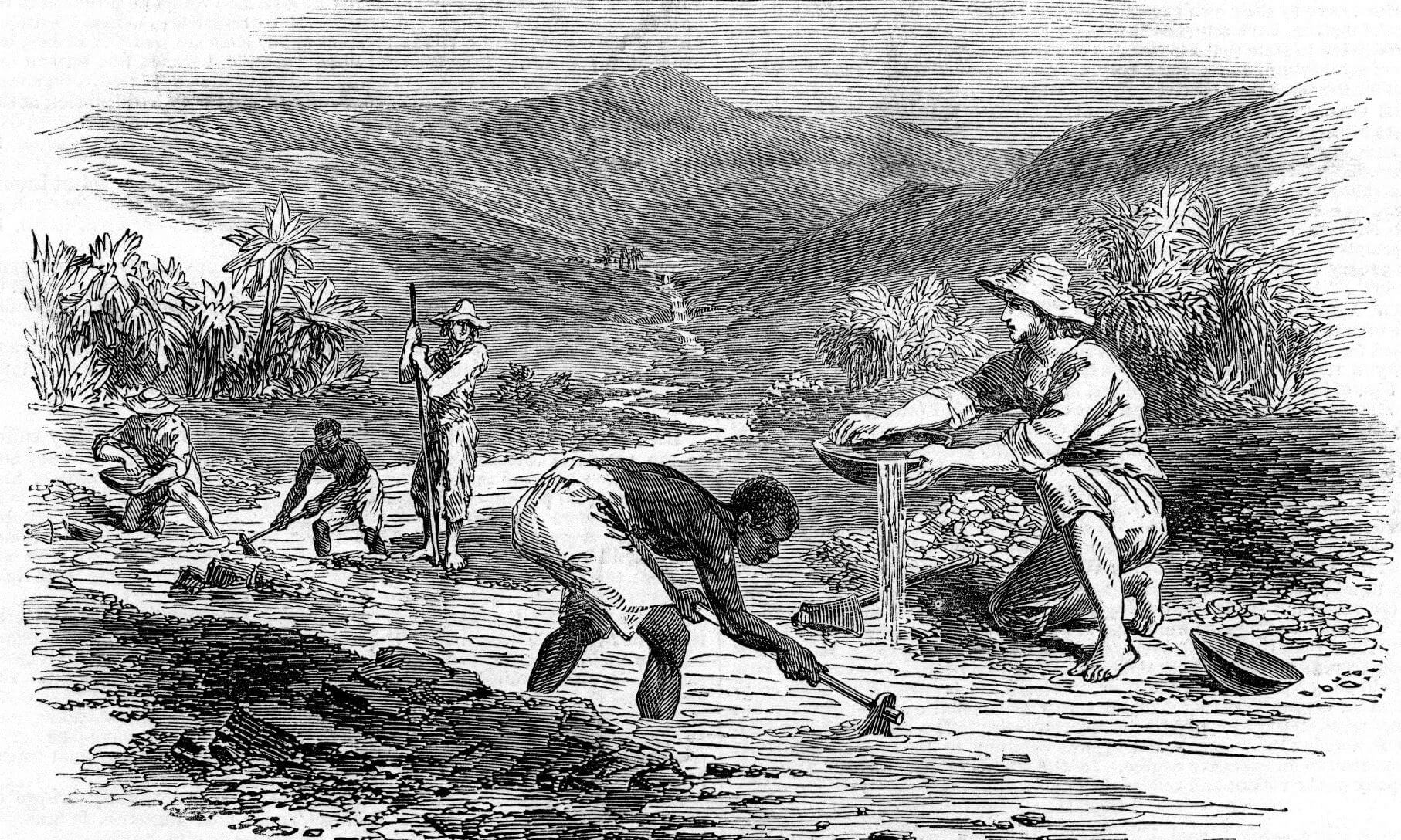Group Working To Publicize 1867’s ‘Fourth Of July To Remember’
Source: WUKY
On Independence Day in 1867, an estimated 10,000 African Americans gathered in Lexington, Kentucky, to hear prominent civil rights leaders speak. Read this article for an account of the almost-forgotten event.












